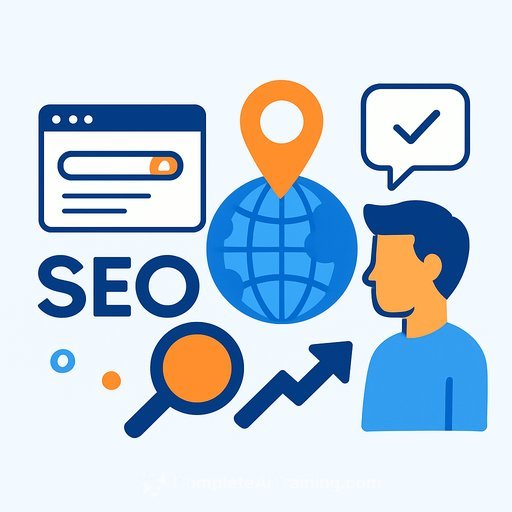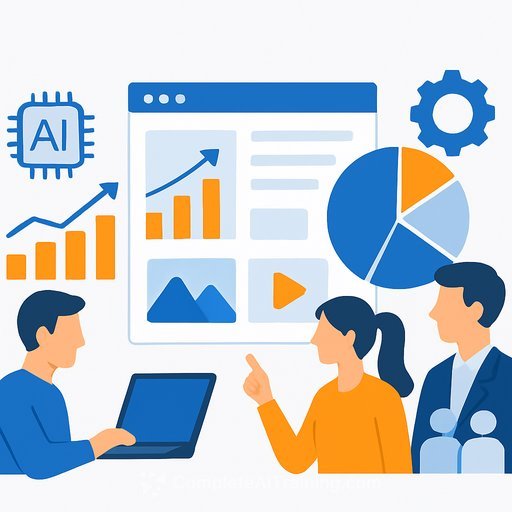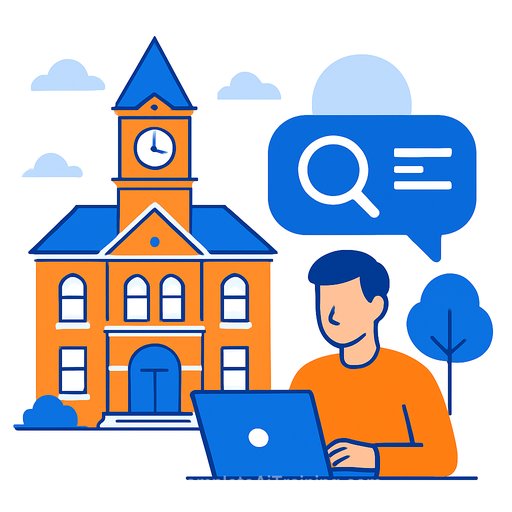Signals AI brings causal revenue intelligence and guest marketing to hotels
Shorter booking windows. Fading "revenge travel." Historical reports that no longer predict demand. Cloudbeds' Signals-an AI foundation model built for hospitality-addresses this with causal intelligence that processes 4 billion data points per hour and delivers up to 95% forecasting accuracy across 90-day periods, with standout precision in the seven-day window.
For hotel marketers, this means better timing, smarter offers, and less guesswork. Instead of chasing correlations, you can see which actions move demand-and act on them fast.
Why causal beats correlation
Correlation tells you what moved together. Causality tells you what moved what. Signals models cause-and-effect across rates, campaigns, events, weather, and booking behavior so you can see the real impact of a price change or a promo, not just a pattern in the data.
- Continuous ingestion of competitor rates, event feeds, weather patterns, and booking signals
- "Time surface of booking data" models both date-of-stay and booking lead-time simultaneously for sharper forecasts
- Up to 95% accuracy over 90 days; strongest within the critical seven-day booking window
What marketers can do right now
- Time campaigns to projected demand spikes by segment and channel (email, paid, meta)
- Adjust offers by cause: event-driven surges, weather swings, or competitor pricing shifts
- Coordinate rate moves with media flights to protect margin and lift conversion
- Build hyper-relevant content and upsells from first touch through post-stay
Proof from the field
Mercure Paddington used Signals during a tough January to pair targeted emails with rate strategy. Results: 93% occupancy vs. 64% for the comp set and RevPAR of £120 vs. £79.
Bespoke Hotels started with zero guest data after acquiring 40 properties. By collecting customer data via Wi-Fi and segmenting (coastal, rural, seasonal), then timing sends based on causal demand gaps, the team generated £1 million in revenue in one year. Highly segmented campaigns hit 20% open rates.
What sets Signals apart
- First foundation model purpose-built for hospitality
- Processes 4 billion data points every hour
- Causal framework models true cause-and-effect across market signals
- Unifies revenue and marketing data for one source of truth
- Proprietary treatment of hospitality data plus time-surface modeling
- Extends to guest sentiment analysis, review categorization, digital marketing optimization, and enterprise search with natural language queries
Your implementation checklist
- Connect core data: PMS, CRS/Channel Manager, CRM, website/Wi-Fi capture
- Define segments and triggers: geo, length of stay, purpose of trip, lead-time bands
- Build a seven-day window playbook: daily sends, dynamic offers, on-site upsell prompts
- Sync calendars: tie paid media and email to projected demand and planned rate moves
- Measure what matters: occupancy, RevPAR, open/click, conversion, ROAS, and contribution margin
- Standards and privacy: consent flows for zero/first-party data; clean UTM and naming for traceable attribution
Why this matters for hotel marketing teams
Forecasts are only useful if you know why the number will move. With causal signals, teams move from rear-view reporting to forward decisions-what to send, to whom, at what rate, and exactly when.
The outcome: fewer wasted impressions, higher conversion, and faster iteration. Data turns into decisions you can act on with confidence.
Learn more
Explore the Signals-powered platform at cloudbeds.com. For a primer on causal methods in analytics, see this overview of causal inference.
Upskilling your team on applied AI for marketing? Review this certification for marketers: AI Certification for Marketing Specialists.
Your membership also unlocks:






